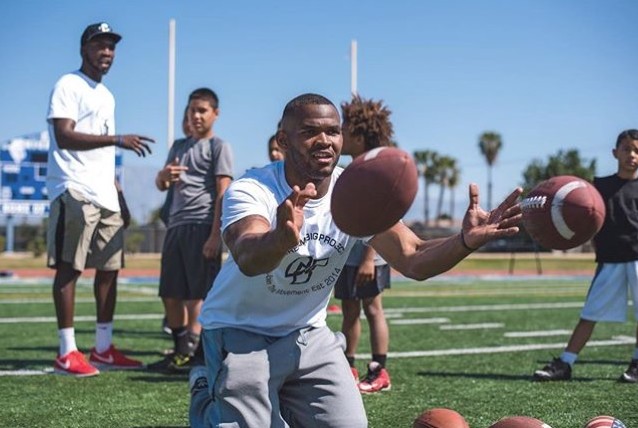SEL (Social Emotional Learning) has become a large topic in education over the last few years, especially since the pandemic. SEL is a process of acquiring and applying knowledge, skills, and attitude to develop a healthy identity. For a student to successfully learn information they must balance managing difficult emotions, making responsible decisions, handling stress, setting goals, and building healthy relationships. As educators we are taught how to create lessons within our subjects to assist students in this development. However, I believe a major player has been overlooked in the SEL support, that is sports.
Sports is more than teaching a child to throw a ball or run fast. Sports is about empowering a student to move, push the body, set goals, create muscle memory, and endurance. In addition, the social and interactive nature of sports lends to create bonding relationships with team mates that helps students to learn to navigate through challenging situations1.
Being active aids in cardiovascular development and endorphin release. I like to call the latter, “Happy” endorphins. Endorphins is a chemical hormone your body releases when you feel pain or stress. Endurance through physical activity is read in the body as stress. Your body then sends out the “happy” endorphins to calm you after the strenuous workout. Thereby sports is training the body to deal with stress. Research also shows that individuals who played team sports as adolescents were less likely to develop anxiety or depression in their 20s and 30s than peers who did not engage in these activities2.
When sports is facilitated by positive supportive adults a healthy approach to mental health and fitness is fostered. I encourage you to if your child is not already in sports or if you have a student who needs SEL support to find a sport that appeals to them. You will not just be helping their physical health but their mental health as well.
______________
1 Eime RM, Young JA, Harvey JT, Charity MJ, Payne WR. A systematic review of the psychological and social benefits of participation in sport for children and adolescents: informing development of a conceptual model of health through sport. International Journal of Behavorial Nutrition and Physical Activity. 2013;10(1):98. doi:10.1186/1479-5868-10-98
2 Easterlin MC, Chung PJ, Leng M, Dudovitz R. Association of team sports participation with long-term mental health outcomes among individuals exposed to adverse childhood experiences. JAMA Pediatrics. 2019;173(7):681-688. doi:10.1001/jamapediatrics.2019.1212
By A.D. De Lama





























